Question
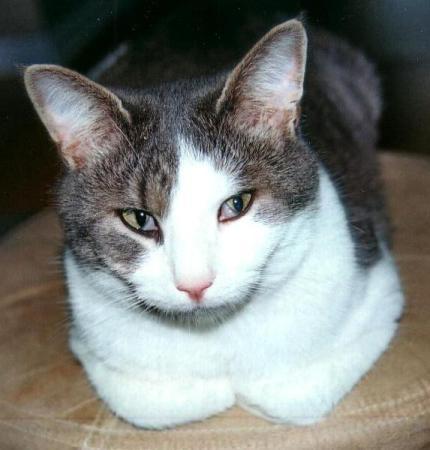 third eyelid pic
third eyelid pic
I have a 2 year old male cat who since mid-October has not been himself. Normally a small build, he gained a lot of weight but not really fat feeling - more of a solid feel around the middle. His third eyelids have been showing for a while. One vet expressed his anal glands which didn't seem to do any good. The next vet gave him a steroid injection and said he had an irritable bowel syndrome, and gave me some drops for his eyes, although the vet said "I wouldn't worry too much about the eyes." There has also been some intermittent diarrhea. The worst thing is he's always been a lively cat, friendly and affectionate. Since October though he's irritable and acts completely different, especially around cats he's known for a long time. Lots of growling and prior to the second vet visit he bothered his butt a lot, licking and growling. Any comments greatly appreciated - I want my old cat back! Thanks.
AnswerHi Jon,
He certainly looks stressed. I think at this point, you would need to go ahead with some further diagnostics to try to get to the bottom of this.
Most vets start off with a blood chemistry profile and complete blood count because this tends to be one of the least costly diagnostics, and it gives you a pretty good idea of your cat's overall health. It's also minimally invasive - all it takes is a few milliliters of blood.
X-rays can be somewhat helpful to take a look at the abdomen and chest area of your kitty. They can detect abnormal gas patterns, unusual shifts in the locations of organs, the presence of fluid, abnormal size of organs, and sizeable masses or foreign objects. They're handy because they're relatively inexpensive, and most vets are capable of taking x-rays and sharing the results with you in just a few minutes.
However, if you're relatively sure you aren't looking for a broken bone, a solid foreign body or urinary tract stones, an ultrasound is usually a better diagnostic tool for looking into the abdomen non-invasively. They are able to detect abnormal size, texture, density and even color in tissues and can diagnose infections, cancer, polyps, inflammatory conditions, injury and many other conditions. The drawback is that they are more expensive than the other procedures, and some vets must refer you to a specialist (many vets have the specialist visit their office on scheduled days).
In certain cases, and yours may be one of them, a more invasive procedure might be required. The vet can perform an endoscopy to take a look at your kitty's bowels and see if there's anything unusual. If he has classic signs of inflammation associated with Inflammatory Bowel Disease, it will be most important to place him on a long-term treatment plan, which should typically include daily prednisone, tapering down to the lowest effective dose. Some cats with occasional colitis will be okay with a steroid shot now and then, but a patient with IBD needs consistent treatment. Without treatment, many patients end up with liver failure, pancreatitis, or even intestinal cancer. If it seems that his anal sacs are impacted or abscessed and could be the issue, they can be surgically removed.
Good luck!
Jessica


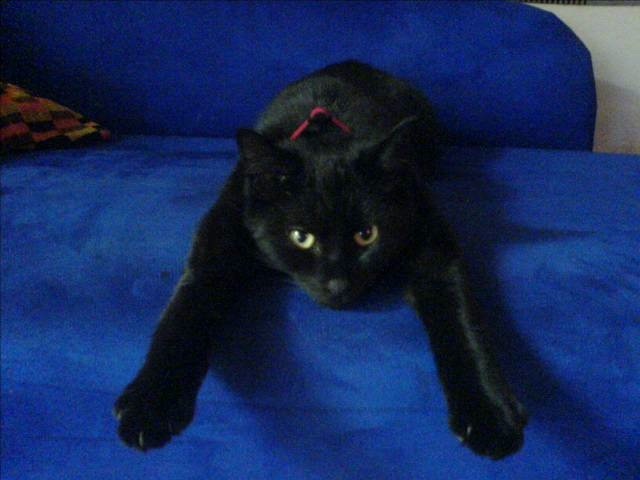 Strange litter tray behaviour
Question
Edgar
I have a beautiful two year old n
Strange litter tray behaviour
Question
Edgar
I have a beautiful two year old n
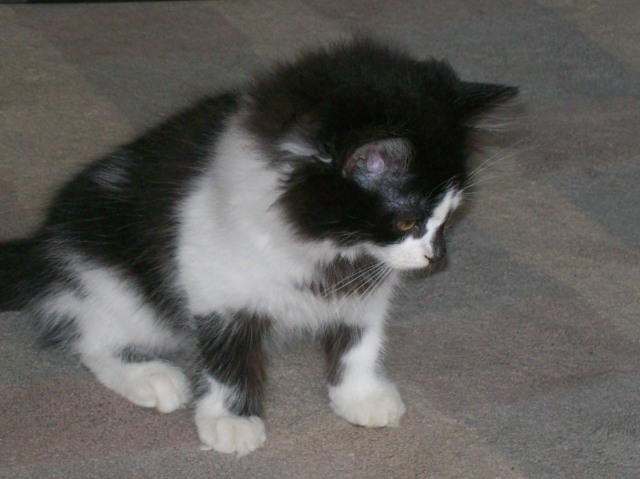 handling my 9 week ferel kitten
QuestionMillie
QUESTION: Hi. My lovely 9 week ki
handling my 9 week ferel kitten
QuestionMillie
QUESTION: Hi. My lovely 9 week ki
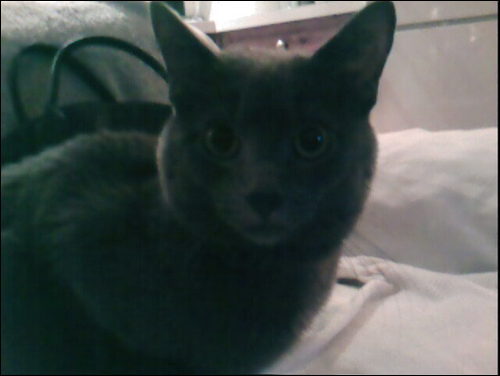 My cat pees on the carpet!
Question
My Cat Tigger
Hi I have a male cat he i
My cat pees on the carpet!
Question
My Cat Tigger
Hi I have a male cat he i
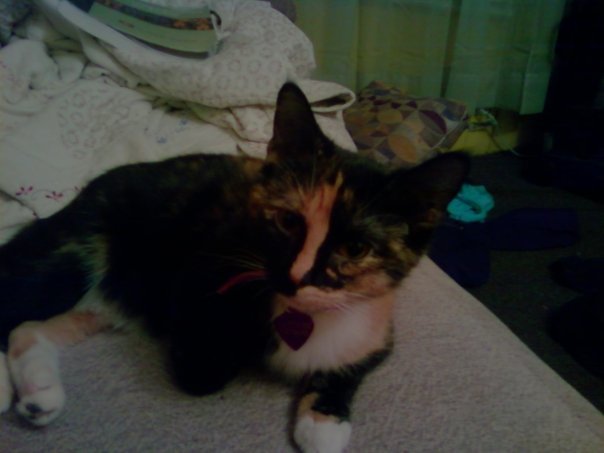 Female Cat changes behavior
Question
Patches
I have four older cats, a dog and now
Female Cat changes behavior
Question
Patches
I have four older cats, a dog and now
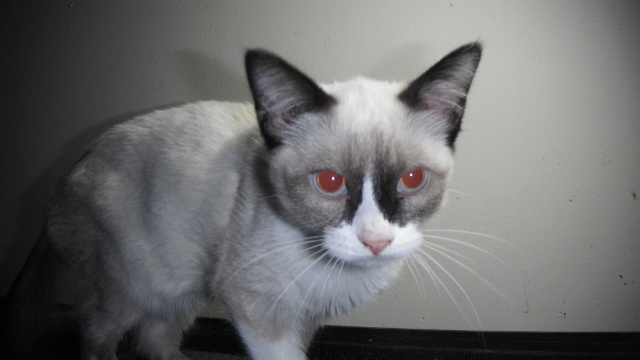 albinism
Question
Cat
Hello! I was wondering if you could
albinism
Question
Cat
Hello! I was wondering if you could